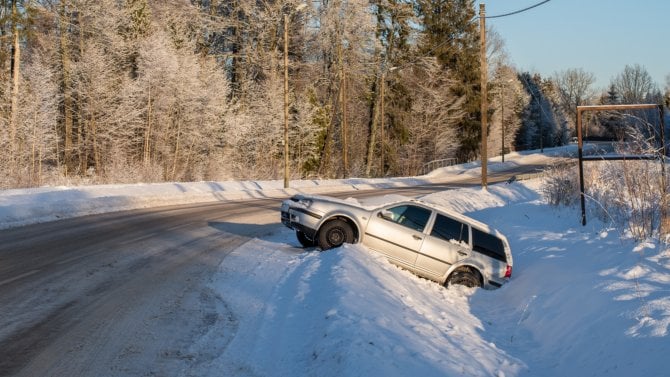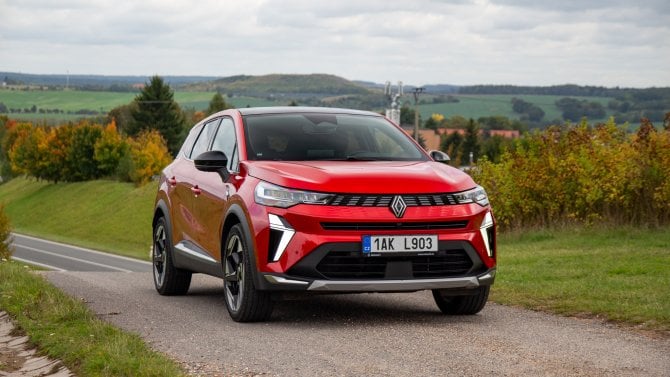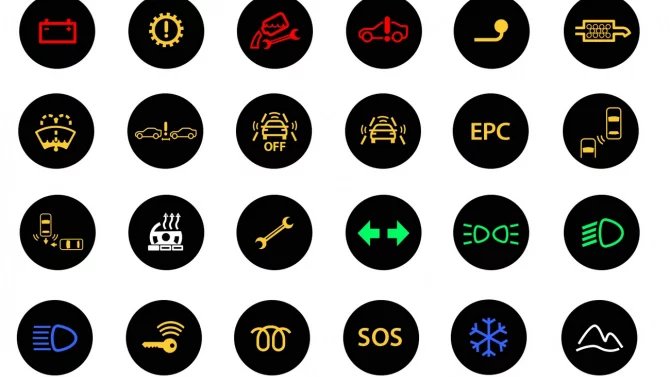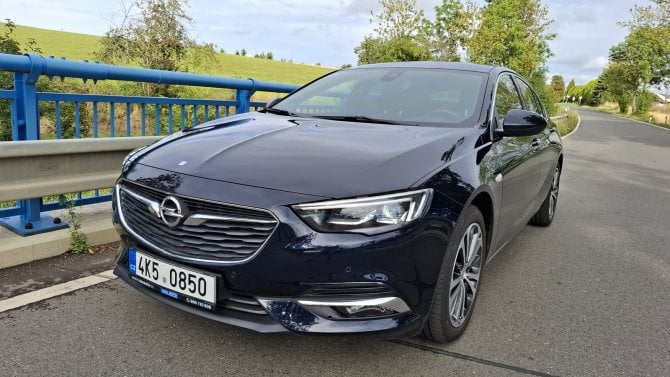...
Mark John
BRUSSELS, April 19 (Reuters) - NATO allies urged the United States on Thursday to make sure its planned anti-missile shield could be broadened to cover all of Europe, while Russia ruled out accepting a U.S. offer to cooperate on the system.
The call from allies came during talks at NATO headquarters in which Washington sought to soothe Russian alarm and dispel European scepticism about a defence shield in eastern Europe it says is aimed at blocking threats from Iran and elsewhere.
NATO is looking at creating smaller shields against short-range missiles by 2010, and officials said one option was using such systems to plug gaps in southeast Europe -- Greece, Turkey, Bulgaria and Romania -- not covered by the U.S. shield.
"There was clearly a strong sentiment that there should be complementarity between the two (systems)," NATO spokesman James Appathurai said of talks among senior officials of the 26 NATO nations before the discussions were broadened to include Russia.
"But it didn't amount to a tasking to integrate the two systems," he said, adding that the one-day talks had never been intended to address the complex technical question of making sure separate shield systems could function together.
Separately, Russian Deputy Prime Minister Sergei Ivanov ridiculed the U.S. plan and ruled out the prospect of Russia agreeing to a U.S. offer of cooperation, for example by sharing early warning data or conducting joint exercises.
"As for possible cooperation in strategic anti-missile defence, honestly speaking, I see no reasons for that," Interfax quoted Ivanov as telling reporters in Yekaterinburg.
"We believe this strategic anti-missile defence system is somewhat chimerical, to put it mildly."
NO CRITICAL COMMENTS
President Vladimir Putin, who some analysts say is using the spat to divide the West, has said the U.S. plan to deploy 10 interceptor rockets in Poland and radar in the Czech Republic by 2012 encroaches on Russia's security interests.
The project has also jangled nerves in Europe, and U.S. officials concede they could have better explained their aims.
U.S. President George W. Bush will likely visit the Czech Republic in June to drum up support, the Czech government said on Thursday. Czech sources said the visit would be on June 4-5, though it has yet to be confirmed by Washington.
Germany's ruling coalition is split between conservative backers and left-wing critics of the scheme and French officials have raised doubts about the efficacy of missile shields.
Signalling that a number of allies were now more accepting of the shield -- or at least realised they could not stop it -- Appathurai said no country voiced criticism of the U.S. plan.
"There were no critical comments, but there was the strong belief that we should pursue the indivisibility of security and maintain maximum transparency," he said.
Indivisibility of security is NATO jargon for the principle that all allies are afforded a similar level of protection under the founding pledge of the alliance to come to the help of any member under attack.
Despite attacks on the plan from Putin and other top Moscow officials, a Russian Air Force commander said on Thursday the missiles Washington planned to deploy posed no military threat.
"It's more of a political issue than military," the Russian news agency Interfax quoted General Valery Mikhailov as saying.
"They are stationary, we will easily and pretty definitely identify their location," Mikhailov added. "So we have no need to feel scared of these systems." (Additional reporting by Oleg Shchedrov in Moscow and Jan Lopatka in Prague)




 Řidička uvízla na železničním přejezdu, rychlík ji minul jen o kousek
Řidička uvízla na železničním přejezdu, rychlík ji minul jen o kousek
 Brzdná dráha delší až o deset metrů. Hlavně levné pneumatiky z východní Asie jsou pro řidiče rizikové
Brzdná dráha delší až o deset metrů. Hlavně levné pneumatiky z východní Asie jsou pro řidiče rizikové
 Test Renault Symbioz: S novým hybridem jezdí svižně a se spotřebou legendárního té-dé-íčka
Test Renault Symbioz: S novým hybridem jezdí svižně a se spotřebou legendárního té-dé-íčka
 Kdo nezvládne tento kvíz za plný počet, ten si dost možná auto zničí. Kontrolky jsou totiž základem komunikace mezi autem a řidičem
Kdo nezvládne tento kvíz za plný počet, ten si dost možná auto zničí. Kontrolky jsou totiž základem komunikace mezi autem a řidičem
 Nákup ojetiny jako rizikový podnik. Každá druhá ojetina ihned potřebuje nečekanou opravu za mnoho tisíc
Nákup ojetiny jako rizikový podnik. Každá druhá ojetina ihned potřebuje nečekanou opravu za mnoho tisíc
